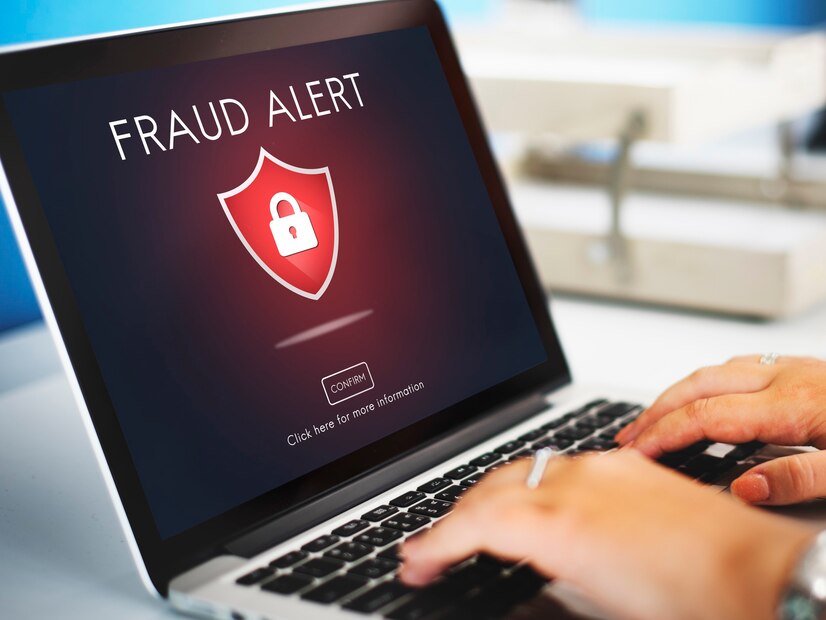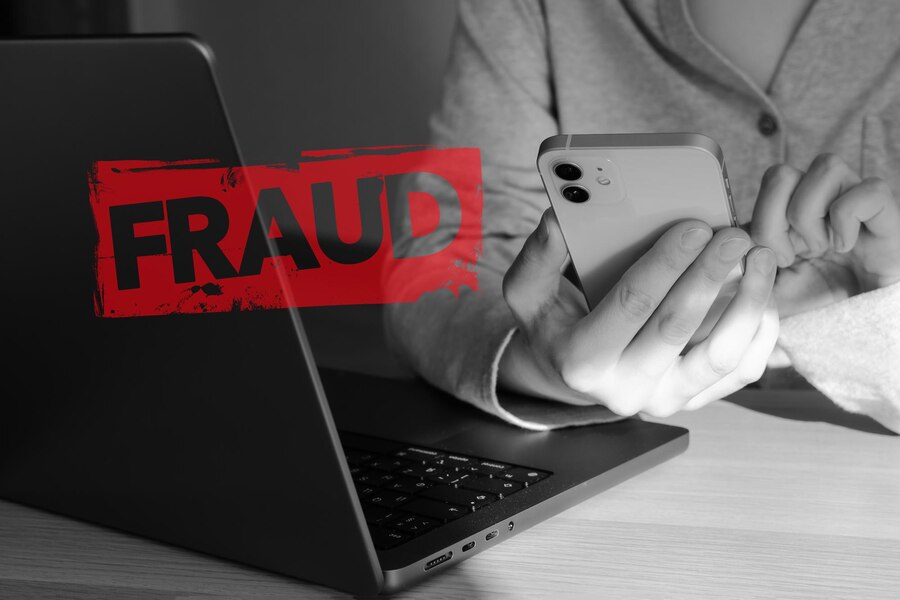How To Protect Your Business From Consumer Fraud? – Best Practices
5 Mins Read
Published on: 25 January 2024
Last Updated on: 13 May 2025

toc impalement
One of the most significant risks of owning a business is being susceptible to fraud and scams. You may end up in legal trouble, financial loss, tarnished reputation, and a breach of trust among stakeholders.
Consumer fraud encompasses deceptive tactics like phishing scams, where fraudulent emails trick individuals into divulging personal information, leading to identity theft or unauthorized transactions. The consumer Sentinel Network received 2.4 million consumer fraud cases in 2022, which caused a loss of $8.8 billion.
In this article, we shall talk about how you can protect your business from consumer fraud, so let’s dive in.
What Is Consumer Fraud?

When a consumer is suffering from financial or personal loss due to certain business practices, it is called consumer fraud. Fraud might include deceptive, unfair, misleading, or false business practices, leading to a loss of the consumer. With the higher usage of online and digital media, there has been a rise in the number of fraudsters.
Almost every consumer is at risk of fraud. However, in most cases, fraudsters mostly target college students and senior citizens.
Identity theft is one of the major issues of online fraud these days. In the process, cybercriminals steal your personal information. Then, they assume your identity, open financial accounts in your name, and make purchases on your behalf. Apart from that, fraudulent activities also include mortgage scams, which affect distressed homeowners as the latter lose money.
To deal with fraud, the US government has set up the Consumer Financial Protection Bureau (CFPB), which protects consumers from financial scams and fraud. The body also ensures that banks and financial institutions treat consumers properly and fairly. Hence, they come up with new techniques and information to ensure best practices among consumers.
Types Of Consumer Fraud
The following are some of the major frauds that you need to be aware of to protect yourself:
1. Identity Theft
It occurs when someone steals your personal information, including your name, SSN, phone number, bank account, credit card number, etc. They do it through data mining. Doing this, they drain your finances and use them.
2. Mortgage Fraud
These days, mortgage fraud occurs against distressed homeowners. These include loan modification schemes, foreclosure resource schemes, equity skimming, and many more. In fact, many professionals misuse their knowledge of the real estate market.
3. Credit And Debit Card Fraud
Here, someone steals your card and manages to use it to purchase goods or use it for fraudulent purposes.
4. Deceptive Robocalls
These robocalls come to you as a “guarantee to reduce your credit card interest rate.” Hence, they would ask you for a fee. In most cases, these types of offers are generally scams, and they often ask for your personal information as well.
5. Fake Charities
As the name suggests, these are fake charities, and they use the same techniques to steal your money that legitimate charity institutions use to raise funds. Hence, it becomes hard to find out where your money is going.
6. Prize And Lottery Fraud
There are many types of prize and lottery fraud. However, they often target aging adults and come mainly through a postcard or a phone call. Commonly, they will declare you a winner but will ask you to make a payment to cover taxes and other costs.
7. Debt-Collection Fraud
These scammers scam consumers as collection agencies and demand payment for outstanding debts. People who have unpaid debts are the major sufferers of this type of fraud.
8. COVID-19 Scams
After the COVID-19 pandemic, many scammers are using people’s fear and financial needs to take advantage of them. These come mainly in the form of phone calls for COVID treatments or financial assistance.
Ways To Protect Your Business From Consumer Fraud

In the contemporary business landscape, safeguarding against consumer fraud is paramount to ensure financial stability and preserve reputation.
Here are essential strategies to shield your business from fraudulent activities:
- Comprehensive Knowledge of Your Business: A fundamental defense against fraud is thoroughly understanding your business operations. Regularly scrutinize internal processes, financial records, and transactions of your business. This familiarity enables quick identification of irregularities or potentially fraudulent activities.
- Exercise Caution with Phone Orders: Phone orders can be susceptible to fraud due to challenges in verifying callers’ identities. Whenever feasible, encourage customers to use secure online platforms for transactions. In cases where phone orders are necessary, implement rigorous verification procedures to confirm the legitimacy of requests.
- Verification of Organization Legitimacy: Verify the authenticity of organizations you engage with, especially in collaborations, partnerships, or financial dealings. Research potential partners, suppliers, or clients to ensure they possess a reputable track record and are not associated with fraudulent practices. While the focus here is on protecting businesses from consumer fraud, it’s important to acknowledge the legal implications that might arise. In instances where consumer fraud escalates into legal disputes, organizations like ConsumerShield can be a resource. They specialize in navigating the legal complexities of consumer rights and class action lawsuits, providing support for those impacted by fraudulent practices.
- Securing Bank Accounts: Strengthen measures to protect business bank accounts. Regularly monitor account activities, set up alerts for suspicious transactions, and employ multi-factor authentication for online banking. Educate your finance team about common fraud tactics and stress the importance of secure financial practices.
- Enhanced Cybersecurity Measures: Bolster your business’s cybersecurity to prevent unauthorized access and data breaches. Install reputable antivirus and anti-malware software, keep systems and software updated, and educate employees on the significance of robust passwords. Consider the implementation of firewalls and encryption for an additional layer of protection.
- Thorough Employee Background Checks: Employees with access to sensitive information pose potential risks. Conduct extensive background checks before hiring, especially for roles involving financial responsibilities or data handling. This includes checking references and criminal records and verifying educational and professional qualifications.
- Know Your Customers (KYC): Understanding your customers is crucial for fraud prevention. Implement rigorous identity verification during onboarding using tools like biometrics or two-factor authentication. Regularly monitor transactions, employing automated systems to flag potential fraud for immediate investigation.
- Identify Vulnerable Areas: Conduct a thorough assessment of business processes to identify potential vulnerabilities. Evaluate payment processing system security, implement secure gateways, and update security measures regularly. Provide ongoing employee training to recognize and respond to fraud, fostering a culture of vigilance and awareness.
- Be Mindful of Cyber Attacks: In the digital age, safeguarding against cyber threats is essential. Install and update firewalls and antivirus software to protect against malware. Train employees on cybersecurity best practices, including recognizing phishing attempts. Develop a comprehensive incident response plan to ensure a swift and coordinated response in case of a security breach. These efforts can be supported by effective IT management solutions.
Develop an Action Plan and Report!
Protecting your business from consumer fraud can be a big undertaking! While you’re at it, create a robust action plan that includes preventive strategies and clear protocols for response.
Train your staff to identify potential fraudulent activities and establish straightforward procedures for promptly reporting suspicious incidents.
Additionals:


















Comments Are Closed For This Article